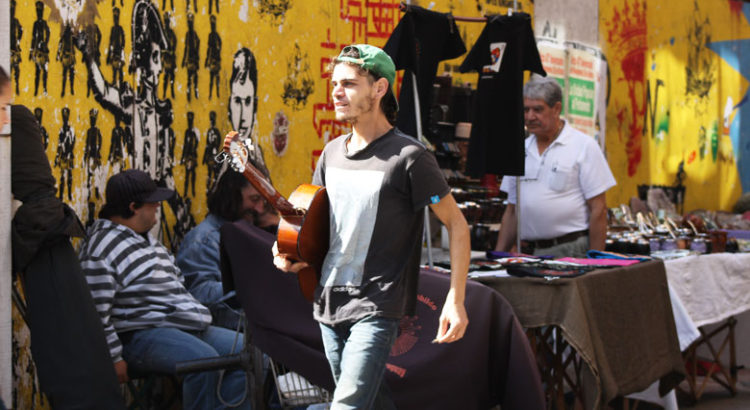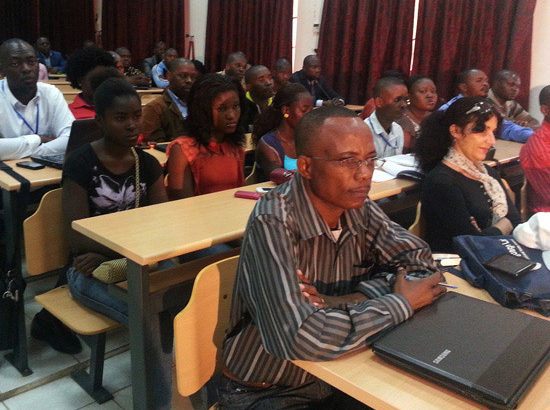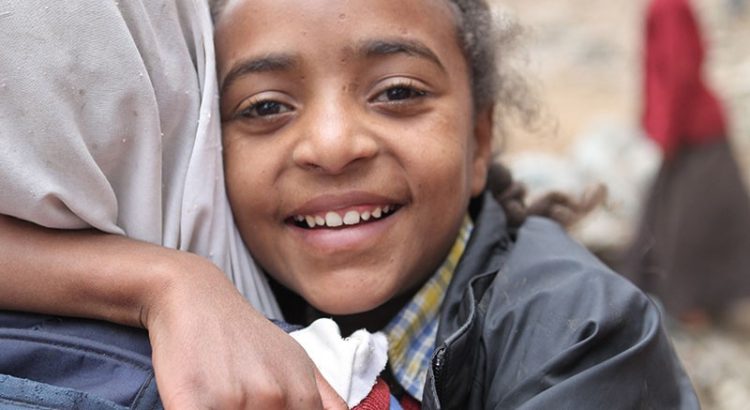Fuente: porotrapoliticaeducativa.org / 10 de junio de 2016
Fotografía: ©2014 Lita Cabellut. ©Photography by Eddy Wenting and Studio Tromp (works)
Comisión Permanente de lasOrganizaciones y Colectivos que han elaborado el Documento de Bases para una Nueva Ley Educativa
El Foro de Sevilla, junto con losparticipantes en la elaboración de un documento de bases para una nueva ley educativa en nuestro país, ve ilegítima la hoja de ruta del Pacto educativo del profesor Marina. La paralización de la LOMCE y la reversión de los recortes son una urgencia para nuestro sistema educativo, demandada recientemente por la Plataforma para la escuela pública y por partidos y colectivos sociales, y aprobada por un parlamento con un gobierno en funciones, que hizo caso omiso en poner en funcionamiento lo que exigía la democracia elegida por los españoles y respaldada por toda la comunidad escolar. Es una urgencia para que nuestro sistema educativo no siga creciendo en privatización y en desigualdad y expulsando al alumnado más vulnerable de las aulas.
Una sola persona no puede arrogarse la representación de la sociedad civil para elaborar un libro blanco, que no tiene legitimidad porque no representa a un colectivo, movimiento ciudadano, grupo de profesionales o sector de la comunidad educativa o de la sociedad.
José Antonio Marina, que tuvo el encargo del gobierno del PP para realizar el denominado “Libro blanco de la profesión docente” vuelve ahora, por su cuenta, a proponer una ‘Hoja de ruta para un pacto educativo’, invitando a que la firmen los principales partidos políticos. Ya desde muchos colectivos de educación se le respondió cuando, según afirma, por encargo de una universidad privada (es director de la Cátedra Nebrija-Santander de Inteligencia Ejecutiva y de la Educación), convocó a los partidos para ofrecerles su voluntad de redactar ese pacto educativo. En esta ocasión plantea una ‘Hoja de ruta’ con unas determinadas condiciones que expone en el documento a firmar:
- El partido que gobierne tras las elecciones se compromete, con la ayuda de la oposición, a mantener la LOMCE en vigor mientras no dispongamos de una nueva ley de educación.
- La escuela pública puede desarrollarse, como indica la Constitución, a través de una doble red: pública y concertada.
- Los partidos firmantes reconocen que el “éxito educativo” es más amplio que el “éxito escolar”.
- El sistema educativo debe ayudar a desarrollar al máximo las competencias de todos los alumnos, fomentar una educación cívica y ética, y prepararles para la inserción en el mundo laboral.
Y otros aspectos, que desde su única reflexión formula, obviando el trabajo de análisis y debate públicos y de construcción colectiva, que buena parte de la comunidad educativa ha venido realizando durante los últimos años con redes, organizaciones políticas y sindicales y movimientos y entidades sociales.
Un pacto educativo no surge de un conocimiento experto particular, ni de una sola concepción de ideas que ya han sido rechazadas por la mayoría de la comunidad educativa. Tampoco puede partir de una serie de obligaciones previas que benefician a una determinada forma de pensar y actuar en educación. José Antonio Marina se entromete en caminos que desconoce y se pierde en los senderos del protagonismo más interesado. Parece considerarse el adalid educativo del país sin contar con la ciudadanía, sus movilizaciones, la lucha frente a la LOMCE, las ‘Mareas’ organizadas, su experiencia y conocimiento, sus declaraciones, textos y acuerdos alcanzados.
La educación como ‘bien común’ procede y se agota en la sociedad civil, es ella la que debe marcar el territorio en donde el derecho a la educación se debe definir. Los gobiernos son los gestores y garantes de ese derecho, ningún sujeto aislado, ninguna organización o institución privada puede marcar, por su cuenta y riesgo, las reglas de juego ni la ruta de un pacto que pretenda la estabilidad en el enunciado de ese derecho. Nuestra sociedad es lo suficientemente madura como para definir las reglas y las rutas que demanda a sus representantes. Por favor, no más autoproclamados “salvadores”.
Este proceso no nos parece propio de una sociedad democrática. No concebimos que sea un centro privado y elitista como la Universidad Elio Antonio de Nebrija quien se arrogue la facultad de encargar a una persona (y su equipo, vinculado además en su mayoría a centros privados) la elaboración de un “Libro Blanco sobre el Pacto Educativo” o una “Hoja de ruta para un pacto educativo”. Entendemos que la comunidad educativa y la ciudadanía en general deben ser protagonistas directos en la elaboración de esta Ley y no limitarse a hacerlo a través de un “buzón de sugerencias” como mecanismo de seudoparticipación similar a lo realizado con la LOMCE.
Los colectivos y organizaciones enumeradas en este escrito coinciden en que es necesario un acuerdo educativo, pero desde y con la comunidad educativa. Por eso ha puesto a disposición de los partidos políticos y la sociedad civil un texto (https://porotrapoliticaeducativa.org/) ya consensuado por buena parte de la comunidad educativa. Pero con la sustancial diferencia de que, en este caso, esta propuesta de “acuerdo” ha partido de la sociedad civil. El contenido ha sido elaborado, debatido y consensuado con las respectivas asambleas de colectivos sociales, sindicatos de estudiantes, asociaciones de padres y madres, organizaciones sindicales y partidos políticos. No desde un “laboratorio de ideas” vinculado a un modelo claramente neoliberal de educación y a los intereses de corporaciones privadas. (Acceso a este texto en pdf)



















 Users Today : 48
Users Today : 48 Total Users : 35460179
Total Users : 35460179 Views Today : 66
Views Today : 66 Total views : 3418849
Total views : 3418849